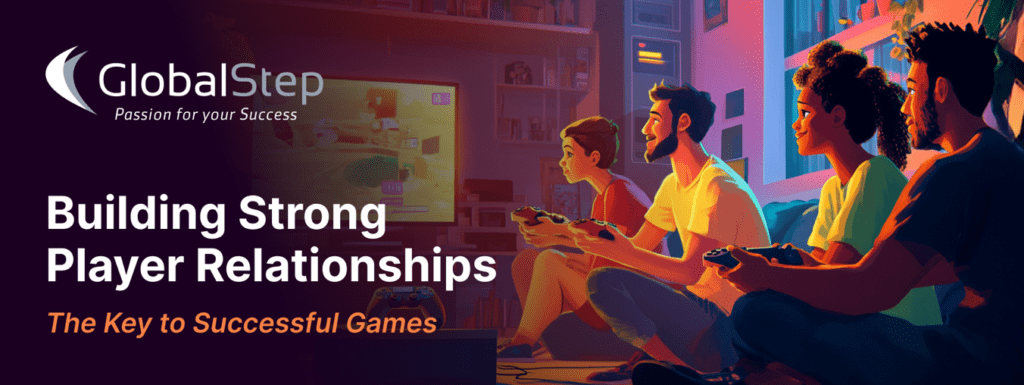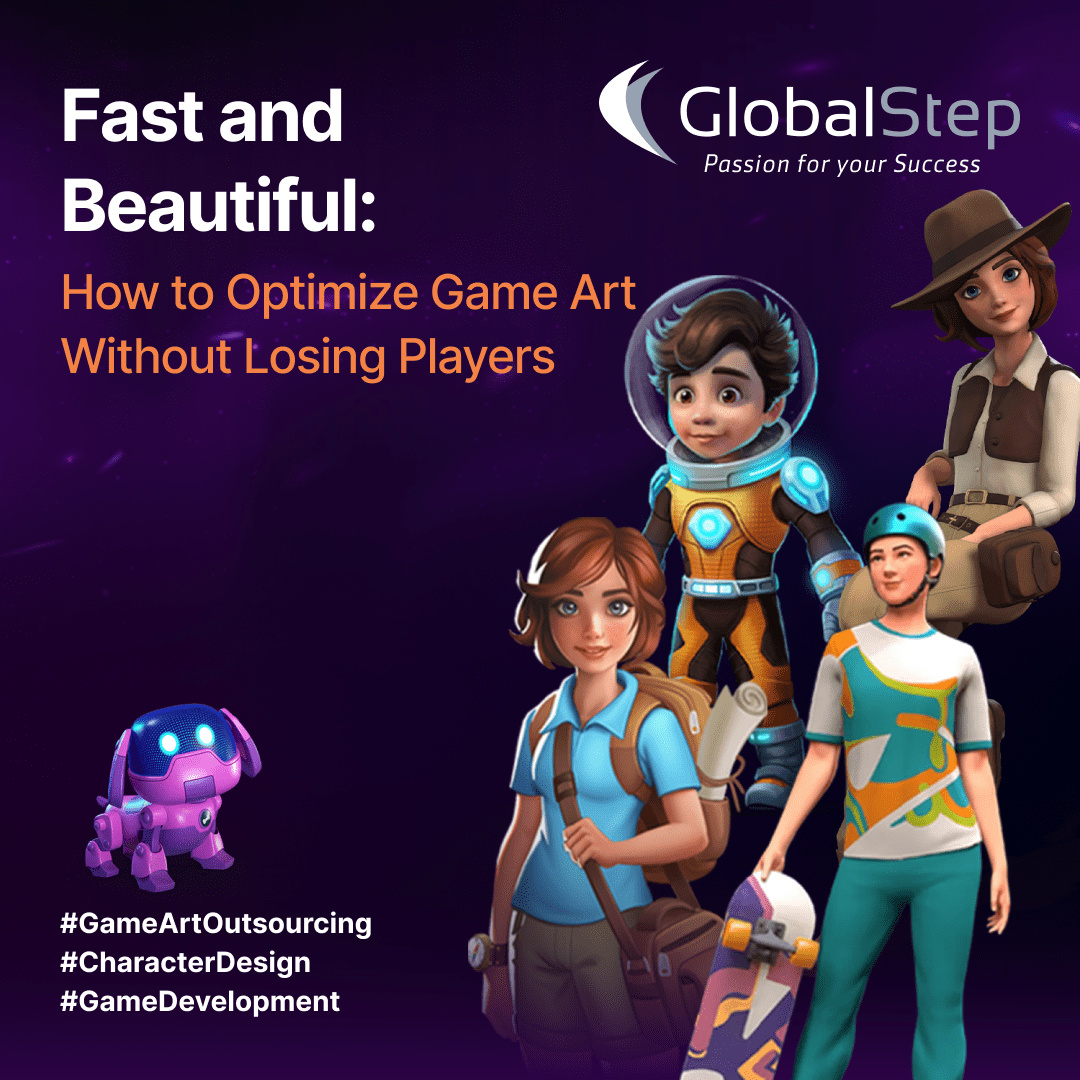
Every great game thrives thanks to its players. Sure, the mechanics, storylines, and jaw-dropping visuals matter, but so does how players feel about the game experience and their connection to the community behind it. When players feel valued, engaged, and heard, they stick around.
But let’s be honest: building meaningful player relationships isn’t as simple as answering a customer support ticket, sending a survey, or fixing bugs. It’s about LISTENING. It’s about understanding what players need, anticipating what they want, and delivering on those expectations in ways that feel natural and impactful. It takes empathy, open communication, and a real commitment to creating a sense of community and belonging. And in the rush to get a game to market, it’s often where studios fall short.
Where Player Relationships Break Down
Even the most immersive games can lose their charm when players feel disconnected or unheard. Often, studios focus on video game development and leave player engagement as an afterthought, addressing a myriad of issues only after players report them.
Communication is key. Simply logging bugs or pushing out updates without keeping your players informed doesn’t help anyone. It’s akin to the “if a tree falls in the forest, does anyone hear it?”
The result can be frustration, broken trust, and ultimately, players leaving the game and/or your brand entirely. To keep players engaged for the long haul, studios need to shift from reactive problem-solving to proactive relationship-building.
Building a Foundation of Trust & Empathy
At the heart of every strong player relationship is trust. Players need to feel confident that their comments, concerns and opinions are heard. That the studio delivers on its promises, listens to the feedback, and values their time for sharing in the first place.
Trust isn’t built through big updates or flashy marketing, it comes from action. From doing what you say you’re going to do — and more importantly, managing expectations by providing clear timelines for updates when possible, and owning up to delays when they happen. If you treat players like collaborators, not just transactional customers, you’ll see that brand loyalty grow.
Engaging with empathy is equally important. Whether it’s resolving issues quickly or actively participating in community forums, studios that connect with players on a human level are the ones who lay the groundwork for trust and long-term success.
How to Build Stronger Player Relationships

Blending technical excellence with genuine engagement is a sure way to build meaningful connections with players:
- Listen and Learn
Analytics provide trends, but don’t tell the full story. Take a look at direct feedback — via forums, surveys, comments, and in-game interactions — that’s where you can find the real story. From quick fixes to longer-term development strategy, you’ll benefit from a little research and social listening.
- Stay in Touch
Do your players know what you’re doing to help? Regular updates keep players in the loop. Game Development blogs, live Q&A sessions, and direct responses in forums can make players feel like their voices matter (social media is about two-way communication, not one way “push”). Active communication can turn passive audiences into loyal communities and brand ambassadors.
- Show You Care
Engagement isn’t just about solving problems. Player support isn’t like a bakery. It’s not just a transactional ticket. Personal touches like a simple thank you note addressed to a comment can make a big difference. Even small gestures, like exclusive rewards for beta testers, can go a long way. Get personal and creative.
Why Player Relationships can be a Game-Changer
Investing in player relationships doesn’t just boost player retention — it builds communities of advocates. Players who feel connected to a game help spread the word and create positive environments for others. For studios, that means loyal players, higher levels of engagement, and a stronger reputation in the video game industry.
How GlobalStep Can Help
At GlobalStep, we’ve spent nearly two decades helping studios create player-first experiences and connect with their audiences.
Our Player Engagement Services offer 24/7 multilingual support, ensuring players feel heard and valued no matter where they are. Whether it’s handling app store reviews, in-game support or live chat, we prioritize efficient yet empathetic communication.
Our expertise in community management also helps studios foster fair, transparent, and inclusive game environments. We combine human insights with leading-edge technology to help studios exceed player expectations — building the kind of relationships that lead to lifelong loyalty.
When it comes to creating connections that matter, we’ve got your back. Let’s build something incredible together.
Contact us today at Sales@globalstep.com to learn how to build better player relationships.
Click here for to learn more about our Player Engagement Services.
Click here to check out our testimonials from GlobalStep customers.





